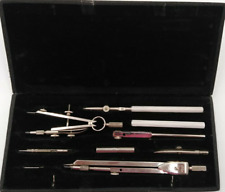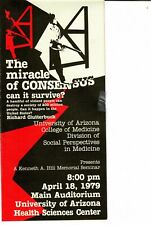
While Internet search results do bring up a variety of useful materials, researchers from the University of New South Wales in Australia have found that people pay more attention to information that matches their pre-existing beliefs and prejudices.
“Even if people read the right material, they are stubborn to changing their views,” said one of the study authors, Professor Enrico Coiera. “This means that providing people with the right information on its own may not be enough.”
The study focused specifically on how people use Internet search engines to answer health questions. “We know that the web is increasingly being used by people to help them make healthcare decisions,” said Professor Coiera. “We know that there can be negative consequences if people find the wrong information, especially as people in some countries can now self-medicate by ordering drugs online. Our research shows that, even if search engines do find the ‘right’ information, people may still draw the wrong conclusions – in other words, their conclusions are biased.”
Related:
The Information Insurgency
Can Technology Make You Dumb?


















Comments are closed.